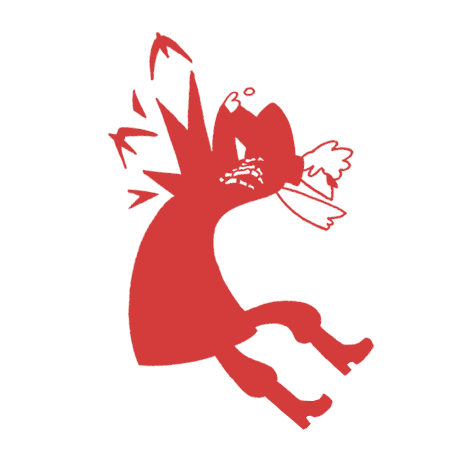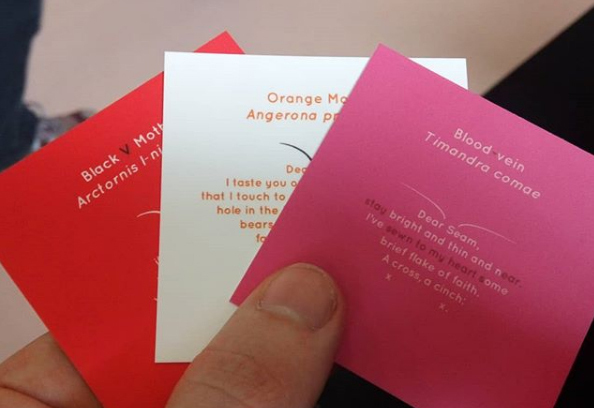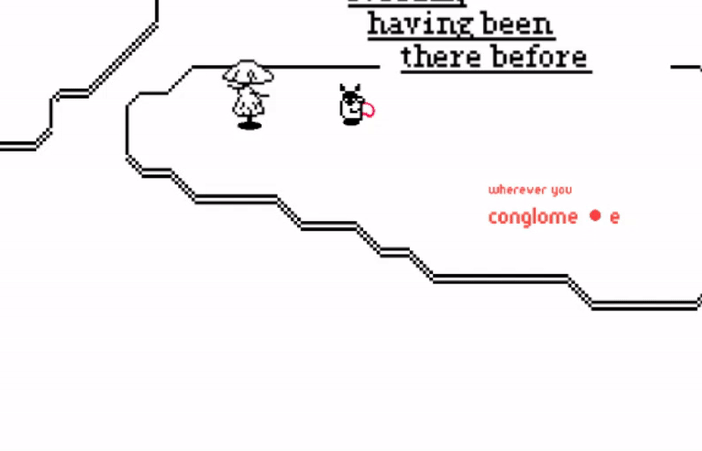
OK. So why did I call my website ‘Various Toys, Some Transforming’? Or, to put it another way, why do I like to think of poems and books – certainly those that I’ve been involved in making, but others too – as toys? Doesn’t this diminish them? Does it mean I don’t take them seriously?
Oh boy, if anything, I take reading and writing far too seriously. I go about both in a furious, intense and chaotic sort of way, as if it were part of some war effort. But that’s because I look on them as fundamentally explorative processes – ways of interfacing with and mapping the world through language, of thinking, of figuring out, of growing, both individually and as part of a network of people. And this puts me at odds with the way literature is framed and marketed more generally.
That is to say, writers and artists are normally thought to hold positions of cultural command. Their business, supposedly, is dispensing ideas or information, or performing feats of conjuration, which the reader then applauds, enjoys or derides from a safe distance. I don’t like this formulation; I think it incentivises writers to repeat proven formulae, to reiterate received wisdom rather than think anew, and to muscle their way to the top of the heap. It also erodes the link between art and lived experience; art becomes something that distracts or releases us from our lives, rather than a means by which we engage with our surroundings.
So I come back to toys, and play. Play is a learning strategy, and toys are learning tools; they’re associated with the stage of our lives when our minds are undergoing the most rapid development. There’s an odd paradox here, in that I’d have thought nothing could be more infantilising than the idea that we should put away those ‘childish things’ which we use to make our own discoveries and look to a special class of person – the writer – for lessons and advice. When I think of toys, I think of distributed authority, enmeshment, and exchange. To conceive of a literary work as a plaything is to conceive of it first and foremost as a site of activity and autonomy – something which exists for both writer and reader to test and turn over, collect and calibrate, modify and personalise.
It’s for this reason I’ve found myself drawn to hybridity (literary forms that are not quite one thing or the other), sequencing (interconnected sets of things), and collaboration (things that emerge in conversation with others). These are compositional strategies that meddle, in different ways, with the clean division that is held to exist between writer and reader, one work and another, one type of work and another. They make everything untidier, more open, less didactic, less regimented.
In the same spirit, I don’t like to adopt the role of god-like overseer or the principal subject of interest in anything I write. The poems are not about me. The stories are not told by someone with total authority over a fictional universe. Instead, I work with a ragged committee of part-constructed characters and borrowed voices, integrating fragments of (or directly pointing toward) other texts. I’m as happy coming up with ideas that require (or leave room for) the participation of other writers as I am putting together solo works, and I’m happiest of all in the midst of escaping or infiltrating established genres and forms.
I mainly work with poetry, because in poetry the emphasis is on combination – on finding and fingering parallels, contriving junctions and treading the mud from one field into another. Also because its combinatorial logic is easily extended: from words, lines and stanzas, to patterns made from sets of poems (your own and other people’s), to patterns made of books, and so on. The kind of reader I anticipate is one who, like me, moves among and between all kinds of influences, and also wants to move about within fictional or symbolic worlds, to collect and reshuffle, to make the parts jostle against one another.
Of course this means I’m asking the reader to get imaginatively involved. But becoming imaginatively involved in what things mean and represent is what I think reading (and writing) ought to be about, if it’s to be anything but a sideshow, if it’s to make us all stronger and wiser, more patient and more resourceful.
That, then, is my reason for pursuing this path, and below are just a few of the artefacts it has led me to develop.

Paper Light Trap is an in-progress project – 1:1 scale calligrams of moths written in monosyllables, and envisioned as spy messages. I also use them as business cards.

Erratum, also in-progress, embeds poetry in a simple top-down puzzle game.
The ‘Fakes’ section of School of Forgery, headed up by my collaged interpretation of Joe the Condor, concerns itself with counterfeits and approximations.
read next: Ludokinetic Literature
Poems
℘
On Toys
℘
What is
Ludokinetic
Poetry?
℘
Sandsnarl
℘
Unravelanche
℘
School
of Forgery
℘
Dual Wield
℘
The Hipflask
Series
℘
Whispering
Leaves
℘
Adversary
℘
Headbooks
℘
Scarecrows
℘
Hybardrids
℘
Tomboys
℘
Birdbooks
℘
Super Treasure
Arcade
℘
Death Daydream
Season
℘
Sidekick Books
℘
Core Samples
℘
Riotous
℘
Superminis
℘
The
Mechamorphoses
℘
site by jon